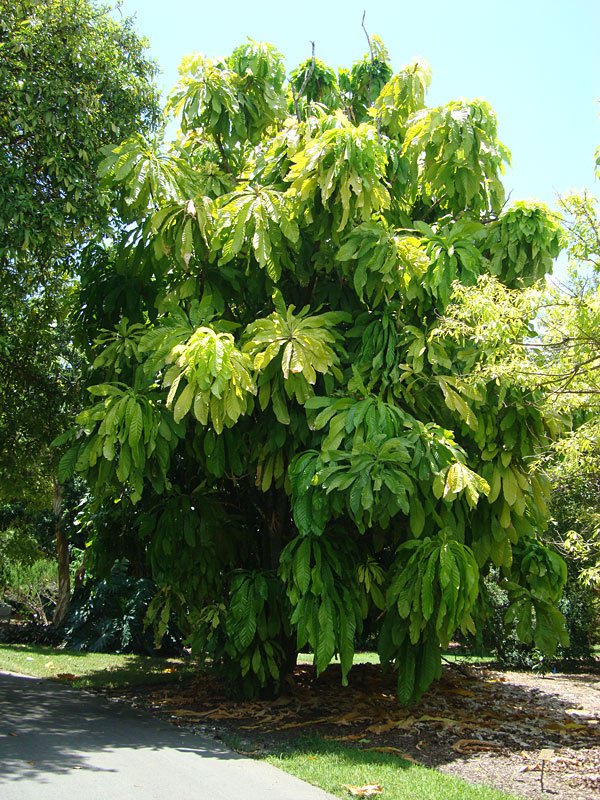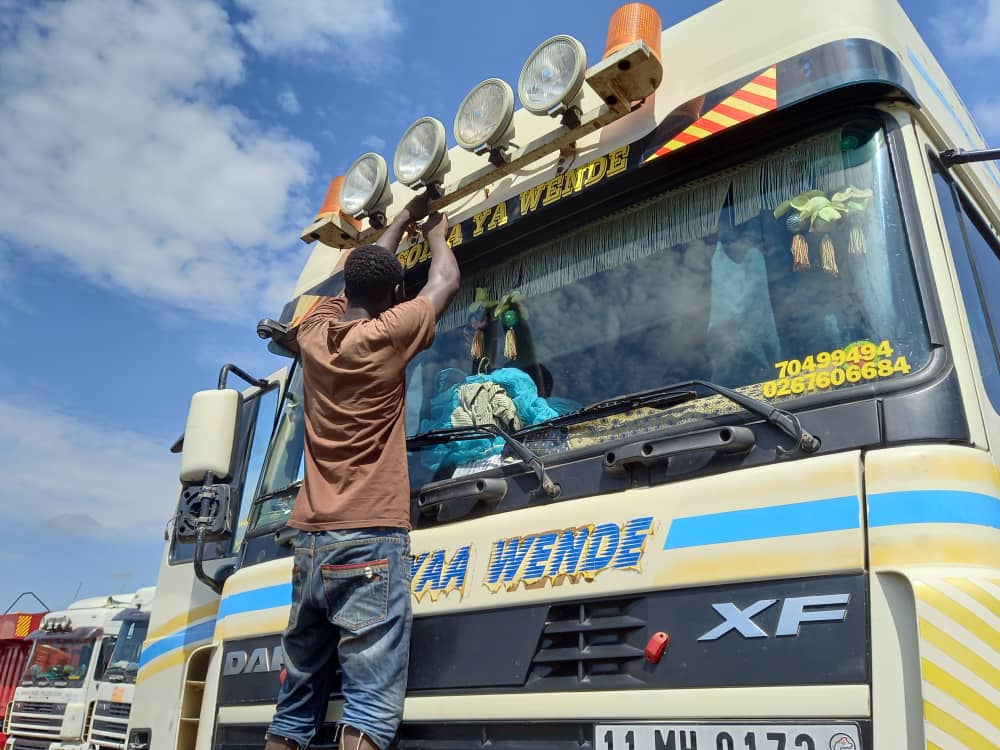Yonguase Residents Forced To Depend On Dirty Water

Residents of Yonguase in the Lower Manya Krobo municipality of the Eastern region are complaining that they have to depend on contaminated water which increase risks to various water-borne diseases.
The people are thus calling on the government, stakeholders and individuals in particular to come to their aid as the water they depend on is a health risk which has resulted in them spending huge sums of money on medical care.
The residents said there was the problem of contaminated water from the past years as there was mud visible in the water which was not safe for drinking.
“The problem was always there but it was not much. Now the mud is clearly visible in the water. The problem keeps worsening over the past years and we are devastated,” said a resident.
Statistics available from water.org reveal that close to six million people (nearly 22 percent) rely on surface water to meet their daily water needs, leaving them vulnerable to water-related illness and disease.
Seventy percent of all diseases in Ghana are caused by unsafe water and poor sanitation.
The majority of households without access to safe water and sanitation lack the upfront funds needed to invest in their own solutions.
Some residents who spoke with Rite news expressed exasperation over the inability or failure of governments, both past and present to fix the problem.
“I don’t understand why they can’t fix the water,” said one frustrated resident to this reporter.
The community, according to residents has had to endure the unfortunate situation of falling on the only source of water which is unwholesome.
“We have suffered a lot for the past years depending on this dirty water and have called severally called on authorities whose responsibility it is to ensure that we are provided a decent source of drinking water including past and present leaders,” the residents complained. “Each time however, the call has been in futility.”
Another affected resident took the opportunity to appeal to the government and stakeholders for assistance.
“We are appealing to the current administration to come to our assistance,” he said. The situation is so bad that we have to wake up in the middle of the night before we can get a little water for our domestic use and other activities,” the distraught resident appealed to this reporter.
The concerned residents recounted how five members of the community including children in 2017 died through a cholera outbreak in the community, a situation they attributed to the filthy drinking water they are forced to drink.
Students are also forced to abandon the classroom in search of water. A visit by host of Rite FM Community Watch to the community revealed how desperate students were compelled to stay away from school to look for water.
Some of the students who interacted with Kodwo Boafo as at 10am on a school day expressed regret over the situation which they said was negatively affecting their academic work.
“The situation is a sorry one and it has compelled us to be here instead of being in the classroom because the water to bath or wash with is not there and this is contributing negatively to our academic work since we have no choice but to wait several hours before we get some little quantity of water to bath with,” one distressed student complained.
A class 3 pupil by name Joseph who also spoke to Rite FM took the opportunity to appeal to the president Nana Addo Dankwah Akufo, the Municipal Chief Executive, MCE of Lower Manya Krobo, Hon Simon Tetteh, NGOs and other individuals to come to their aid since their situation was very appalling.
Also, the adviser to the chief of Yonguase, Nene Terkpeh Yumu described the situation as alarming. He said though they have depended on this source of water for many years, the difficulty members of the community are forced to go through in recent times “is too much” and there is therefore the need to call on authorities for assistance.
According to water.org, people living in poverty often pay up to ten times more per liter for water service from private vendors than their middle-class counterparts connected to piped water services. These water costs can be reduced through investments in improved household water assets such as connections, rainwater harvesting equipment, wells, and latrines. Unfortunately, this requires up-front investments that, without access to financing, are unrealistic for most of these people.
By: Omanba Kodwo Boafo/ritefmonline.org




